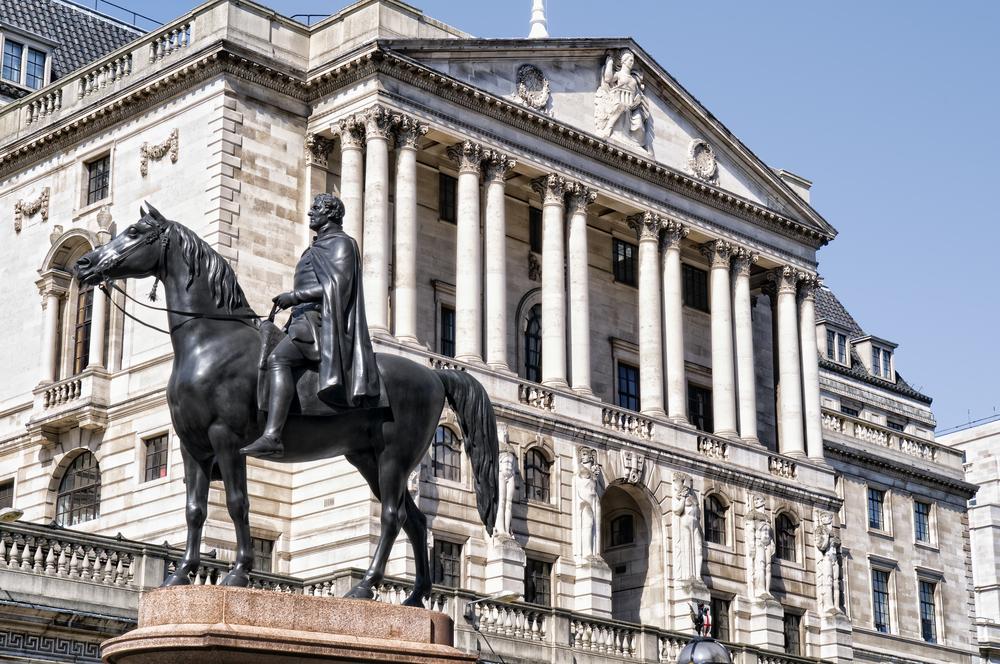The Bank of England Monetary Policy Committee today announced interest rates will be lowered for the first time since 2009, in a move designed to support the economy amidst a flurry of data suggesting that the UK is heading for an economic downturn.
The BoE Monetary Policy Committee unanimously decided to cut interests rate from 0.5% to 0.25%, as had been predicted by many analysts since the vote to leave the European Union.
Although analysts did not expect a further expansion of the BoE’s quantitative easing (QE) program at this time, the committee also decided to expand its’ asset purchase facility from £375 billion to £435 billion.
A further expansion of the QE program signals that the committee is more worried about the possibility of prolonged recession in the UK than was widely expected.
The new policy package also included the purchase of up to £10 billion in UK corporate bonds and a new Term Funding Scheme.
The Term Funding Scheme will provide funding for banks at rates close to the newly established bank rate to ensure that new interest rate cuts can be translated from the BoE to the commercial banking level. The decision to add this complementary policy feature was made in the eye of already very low interest rates, which may make it impossible for some banks and building societies to lower their deposit rates further and therefore make the lower bank rates a less powerful tool to achieve lower commercial interest rates.
The BoE hopes that its new stimulus package will combat recessionary pressures in the economy which could drive down employment and consumer spending following economic uncertainty due to the UK’s decision to leave the European Union. The decision will, however, come at a price; lower interest rates and further QE are likely to deny the possibility of achieving the 2% inflation target set by theinstitution itself.
In its monetary policy summary published Thursday at 12pm the Committee voiced its opinion: “Given the extent of the likely weakness in demand relative to supply, the MPC judges it appropriate to provide additional stimulus to the economy, thereby reducing the amount of spare capacity at the cost of a temporary period of above-target inflation.”
In its August Inflation Report, which was published beside the monetary policy decision, the MPC stated its expectation of future developments: “…By the three-year forecast horizon unemployment will have begun to fall back and that much of the economy’s spare capacity will have been re-absorbed, while inflation will be a little above the 2% target.”
The growth forecast for 2017 has been slashed from 2.3% published in May, to only 0.8% and BoE signalled there may be a possibility for further rate cuts in upcoming policy meetings.
The Pound fell sharply against other major currencies in the aftermath of the decision. The GBP/USD rate fell from 1.33265 ten minutes before the publication of the decision at 12pm to 1.31300 at 12.30pm. At 2.22 the rate stood at 1.31434 USD per British Pound.

